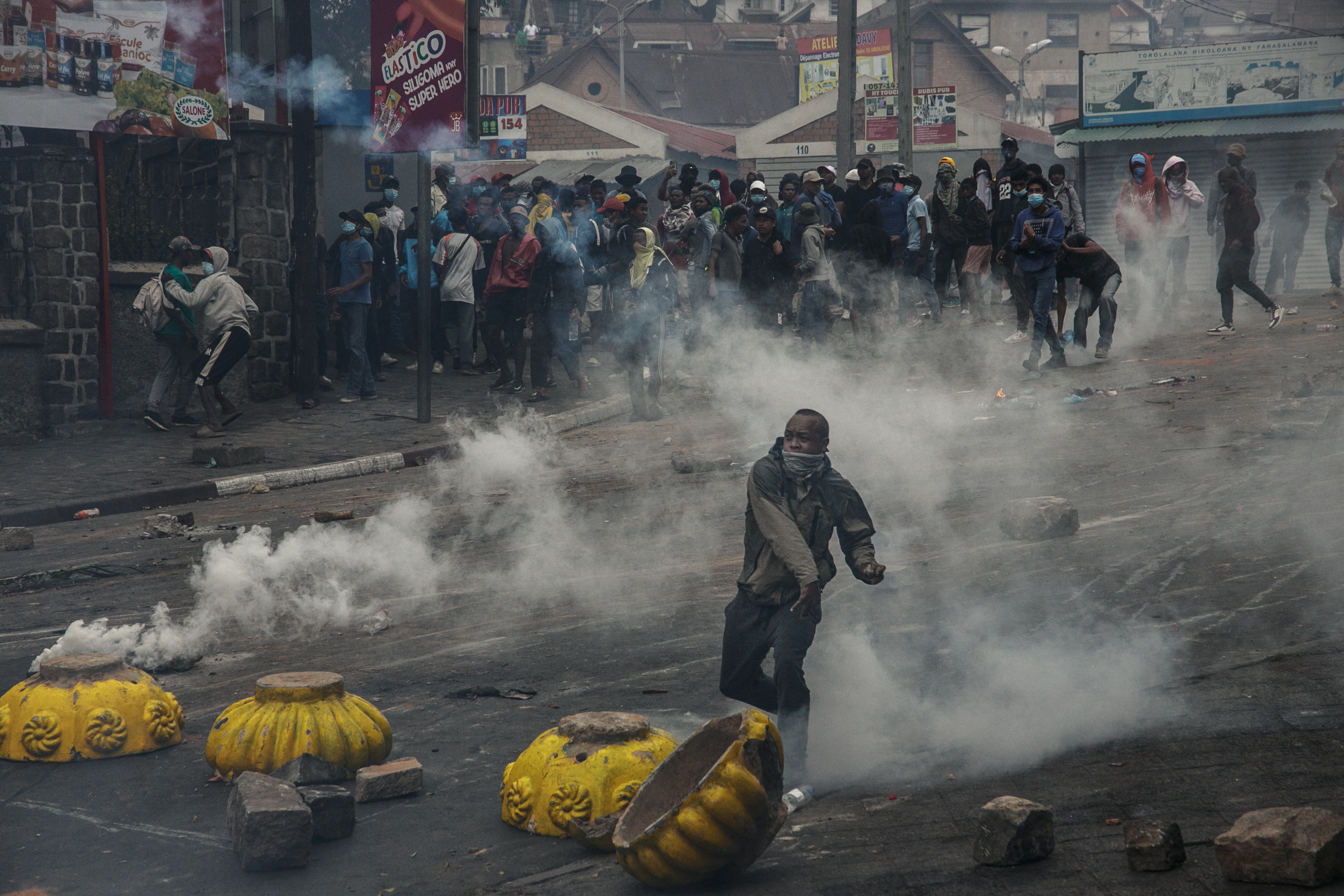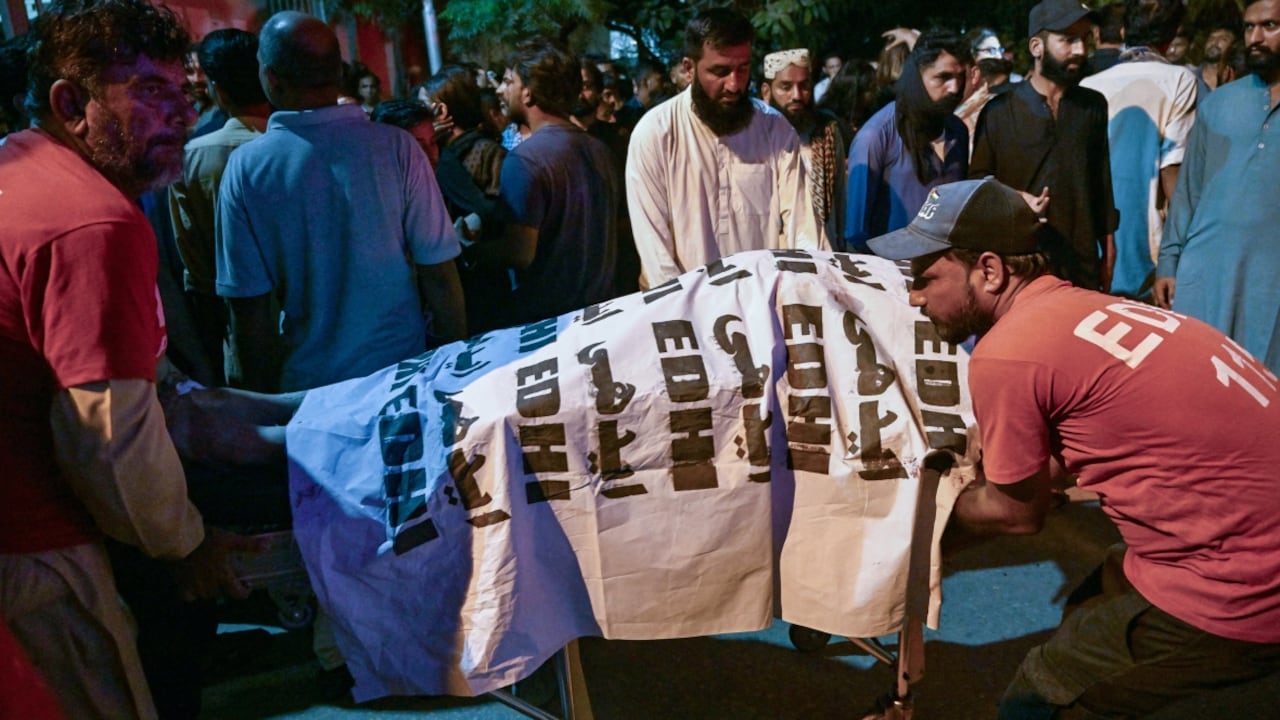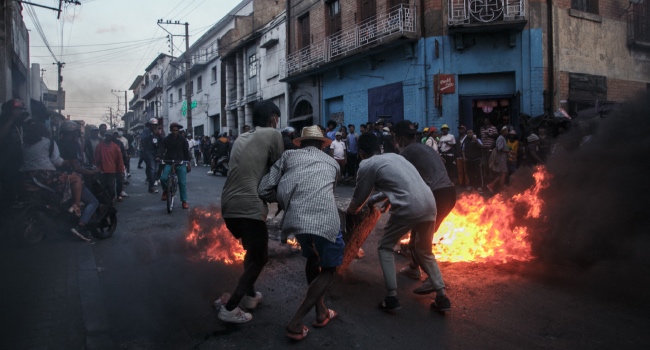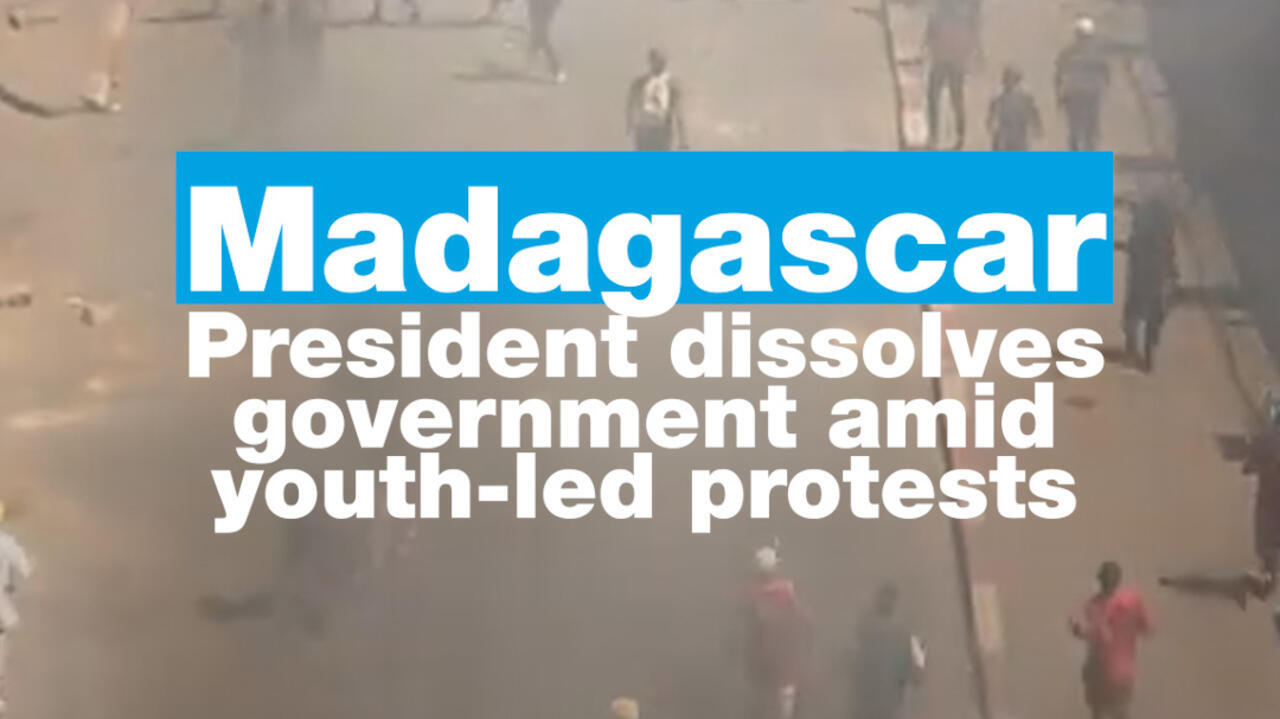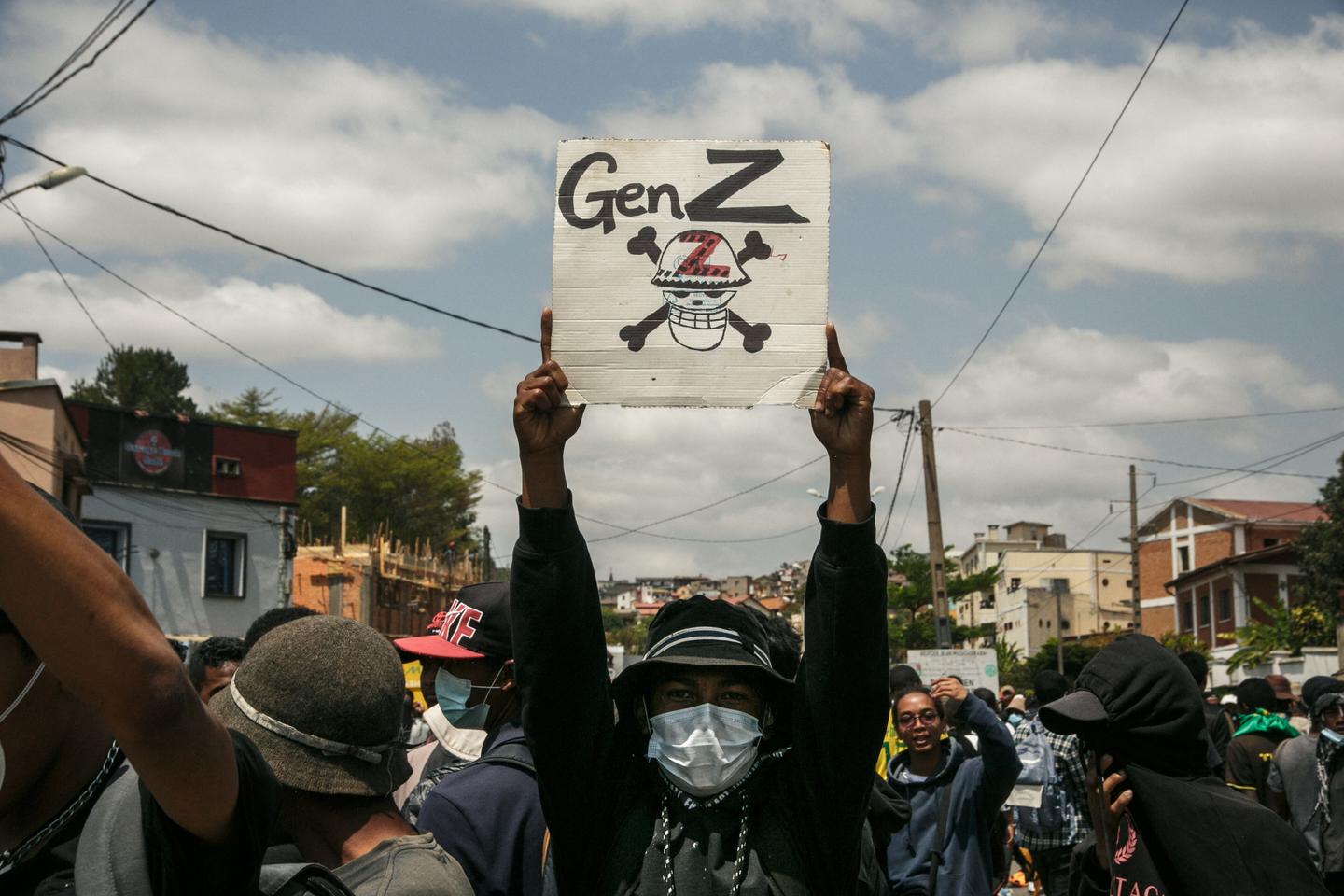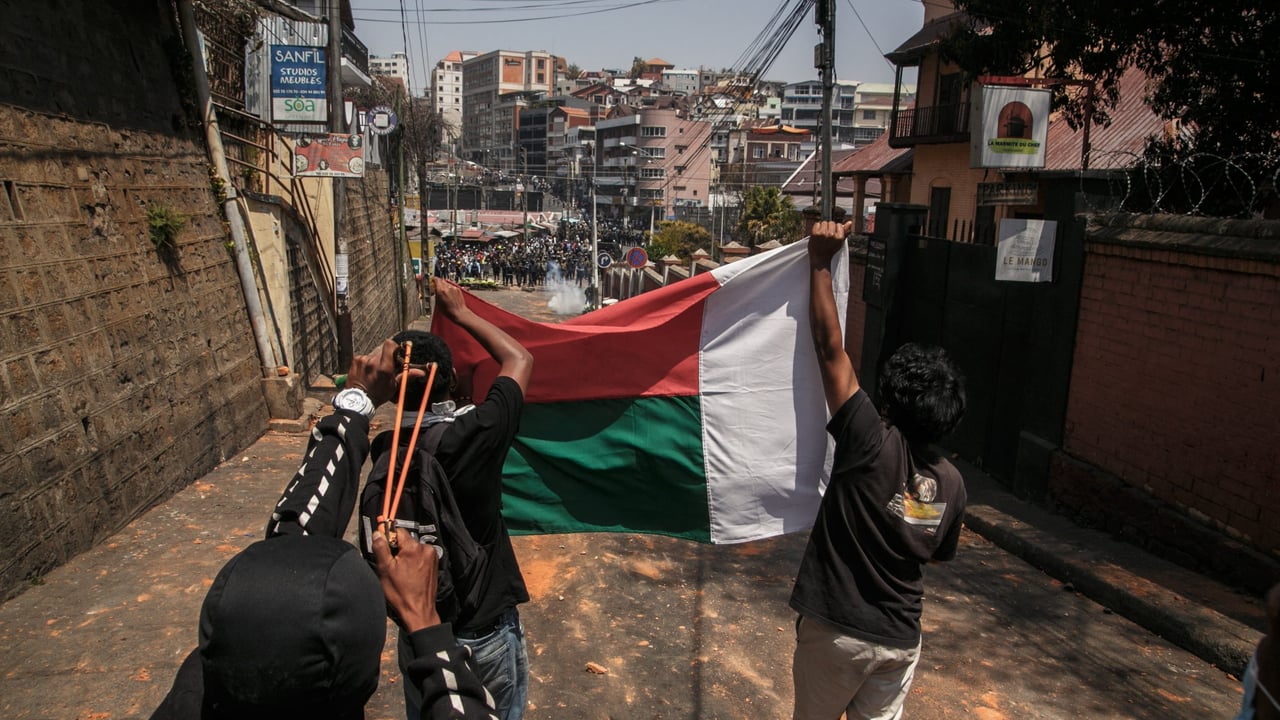Youth-Led Protests Rock Madagascar Despite Government Dismissal
Thousands of protesters took to the streets of Antananarivo, Madagascar on Tuesday, prompting police to deploy tear gas and rubber bullets. This unrest occurred despite President Andry Rajoelina dismissing his government in an attempt to quell days of escalating demonstrations fueled by widespread discontent over persistent water and electricity outages.
Rising Tensions and Demands for Change
Inspired by "Gen Z" movements in Indonesia and Nepal, the youth-led protests are targeting long-standing issues of misgovernance in the impoverished nation. The demonstrators, numbering in the thousands, converged on the Ambohijatovo neighborhood after calls circulated on social media, demanding President Rajoelina's resignation.
Protesters waved flags adorned with a pirate skull from the Japanese anime "One Piece," a symbol adopted by the youth-led movement. Clashes erupted as police used tear gas and rubber bullets to disperse the crowds, while some demonstrators set fires in the streets.
Government Response and Activist Reactions
The protests, which began in Antananarivo last Thursday, have since spread to other cities across Madagascar. In response to the growing unrest, President Rajoelina fired his entire government on Monday, offering an apology for their inaction and promising solutions to the country's problems. However, this move has failed to quell the protests.
"The sacking of the government 'was a small victory,'" said Masova, a 30-year-old activist using a pseudonym. "'We really want change, the rule of law, justice for all. That's why it's no longer just a Gen Z movement.'"
The main union representing the national water and electricity distribution company announced a general strike on Tuesday, further escalating the pressure on the government.
Historical Context and Calls for Resignation
Protesters are demanding the resignation of Rajoelina, 51, who initially assumed power in 2009 following a coup that ousted former president Marc Ravalomanana. A student protester criticized Rajoelina's response to the current demonstrations, contrasting it with his own history of leading protests.
Previous demonstrations have been met with a harsh police response, resulting in at least 22 deaths and over 100 injuries, according to the UN. The UN's human rights chief condemned the use of live ammunition by security forces, while the government has disputed the casualty figures as unverified.
Underlying Issues and Future Outlook
Rajoelina, who returned to office in 2018 and was re-elected in 2023 amid contested elections, faces accusations of corruption. One agricultural engineer speaking anonymously described him as "part of a corrupt system."
The unrest adds to a history of instability in Madagascar since its independence from France in 1960. With nearly 75% of the population living below the poverty line, the country faces significant challenges despite its natural resources.
 Visit the website
Visit the website
